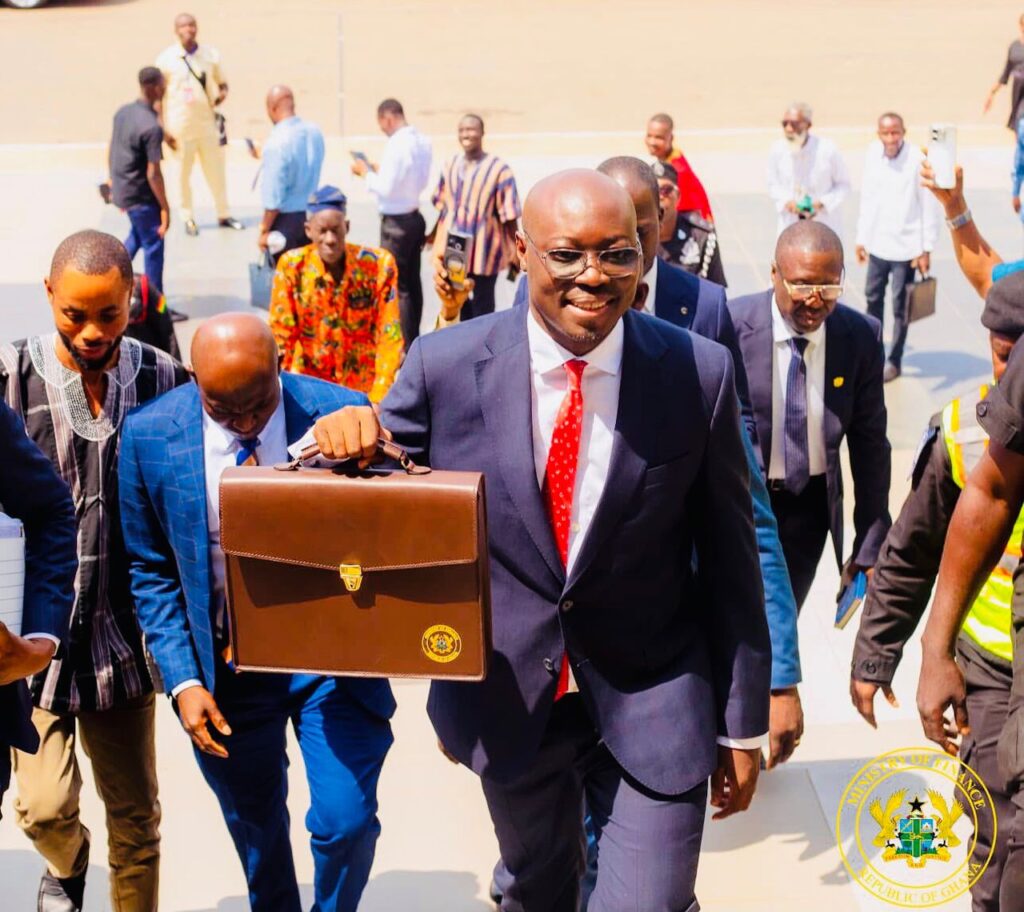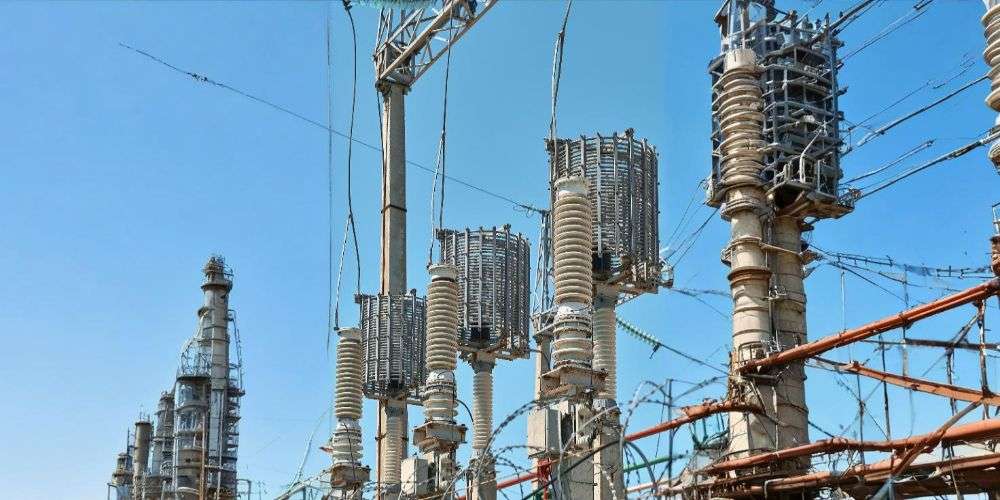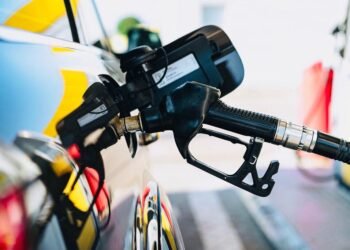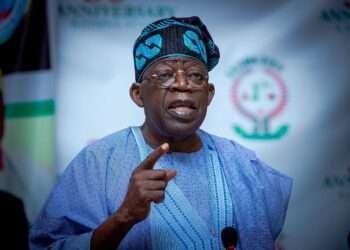Finance Minister Dr. Cassiel Ato Forson, while presenting the 2025 Budget Statement and Economic Policy in Parliament on Tuesday, March 11, outlined a series of interventions to tackle the growing financial shortfalls in Ghana’s energy sector.
The measures, part of the Energy Sector Recovery Programme (ESRP), aim to improve revenue collection, reduce energy sector debt, and implement cost-saving strategies.
“Without increasing the levy, we will also review the Energy Sector Levies Act (ESLA) to consolidate the Energy Debt Recovery Levy, Energy Sector Recovery Levy (Delta Fund).
“[We will consolidate] the Sanitation & Pollution Levy into one levy and use the proceeds to cater for the energy sector shortfalls and service the inherited debt service obligation.”
Dr. Cassiel Ato Forson, Finance Minister
Over the years, ECG has struggled with revenue losses due to inefficiencies in metering, billing, and power theft. Implementing advanced metering infrastructure and allowing private sector involvement could significantly improve revenue mobilization.
“ECG and NEDCo will implement a number of measures including metering and the implementation of a Private Sector Participation (PSP) strategy to improve collection efficiency.”
Dr. Cassiel Ato Forson, Finance Minister
To reduce fuel costs for power generation, the government plans to increase the supply of Nigerian gas (N-Gas) from 60 million standard cubic feet per day (mmscfd) to 100 mmscfd.
This move is expected to reduce reliance on expensive liquid fuels, which have significantly contributed to Ghana’s high energy costs.
This initiative aligns with Ghana’s broader goal of leveraging its natural gas resources to reduce power generation costs and enhance energy security.
The high cost of power generation in Ghana is partly due to fixed capacity charges paid to Independent Power Producers (IPPs), even when their plants are not in use.
“We will complete the IPP capacity renegotiations to generate some savings through negotiated lower fixed capacity charges and variable O&M charges.”
Dr. Cassiel Ato Forson, Finance Minister
Renegotiating these contracts could provide significant fiscal relief and help prevent future power sector debt accumulation.
These renegotiations are expected to reduce the financial burden of IPP contracts, which have been a significant factor contributing to the energy sector’s mounting debt.
By lowering these charges, the government aims to reduce the overall cost of power generation, thereby easing the fiscal pressure on the energy sector and ultimately benefiting consumers through more affordable electricity.
Structural Reforms Agreed with the IMF

Ghana’s 2025 budget also includes measures aligned with the International Monetary Fund (IMF) programme, which require strict fiscal discipline in the energy sector.
Dr. Forson noted, “PURC will continue to implement the Quarterly Tariff Adjustment to reflect changes in inflation, exchange rate, and generation mix.”
This measure aims to ensure cost-reflective tariffs, preventing energy sector debts from accumulating further due to underpriced electricity.
In addition to quarterly adjustments, a major tariff revision is expected in the fourth quarter of 2025. This increase will account for higher capacity charges, increased liquid fuel costs, and capital expenditures.
While necessary for cost recovery, this measure is likely to place additional financial strain on businesses and households.
“The Weighted Average Cost of Gas will be increased from the current $7.836 per mmbtu to $8.45 to reflect the increased prices of natural gas as well as the changes in the supply mix.”
Dr. Cassiel Ato Forson, Finance Minister

This increase in gas costs will have implications for electricity tariffs, as gas-fired power plants account for a significant portion of Ghana’s electricity generation.
To eliminate unnecessary subsidies, the government plans to reverse the Discounted Industrial Development Tariff granted to some ceramic companies. This move is intended to ensure fair pricing and boost government revenue.
The 2025 Budget outlines a comprehensive approach to tackling Ghana’s energy sector fiscal challenges through revenue collection improvements, cost-cutting measures, and tariff adjustments.
By renegotiating IPP contracts, transitioning to cheaper gas, and implementing strict financial discipline under the IMF programme, the government aims to reduce energy sector debt and enhance energy security.
However, successful implementation will require strong stakeholder collaboration, public support, and effective policy execution to ensure Ghana’s energy sector remains viable and efficient in the long run.
READ ALSO: Prof. Bokpin Calls for Balance, Strategic Approach to Taxation







